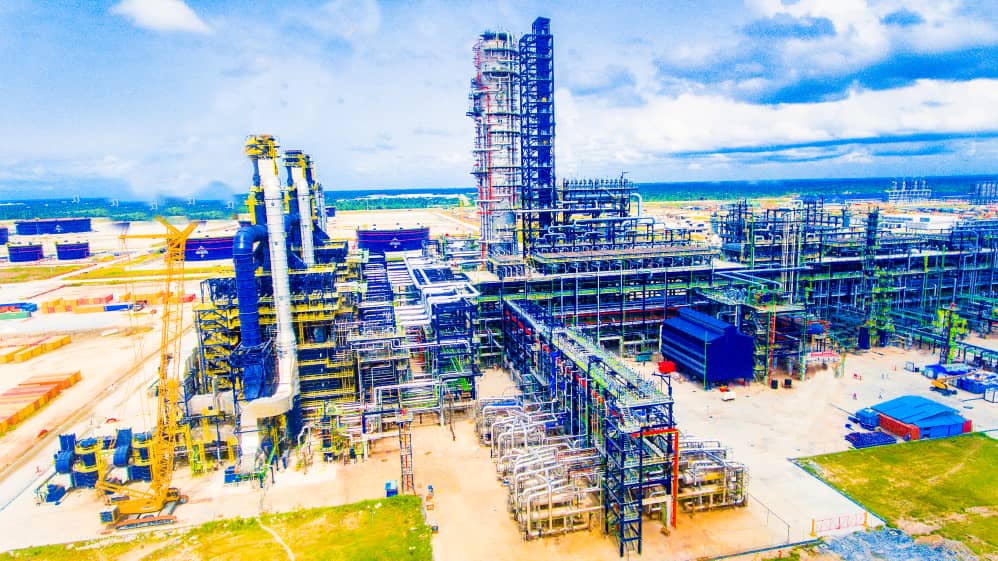Why Dangote Refinery didn’t reduce fuel pump price — Sowunmi
An oil and gas expert, Olabode Sowunmi, told PulseNets that the Dangote Refinery did not begin domestic production of Premium Motor Spirit (Petrol) to provide cheaper fuel to Nigerians.
Sowunmi disclosed this in an interview monitored by PulseNets on Channels Television. He was addressing the continuous increase in petrol pump prices, which have now reached N1030 per liter at Nigerian National Petroleum Company Limited (NNPCL) retail outlets, despite the introduction of Dangote Petrol into the market.
Reacting to the situation, Sowunmi explained that it is misleading to believe the Dangote Refinery would automatically lower petrol prices. According to him, “The business of Dangote Refinery is not to sell petrol at the cheapest price, but to make a profit for its shareholders.”
Sowunmi further told PulseNets that since Dangote Refinery operates as a business, its petrol could potentially be more expensive than imported fuel. He emphasized that while the refinery will reduce transportation costs associated with importing petroleum products, “it should be understood that it is a private refinery. They are not obliged, as a private business, to sell at the cheapest price but to sell at a price that will take care of their shareholders. To that extent, Dangote Refinery petrol may not be cheaper than imported ones.”
PulseNets learnt that the Dangote Refinery began petrol sales on September 15, 2024, with NNPCL as the sole off-taker. Following the commencement of sales, NNPCL raised the fuel price to N898 per liter.
PulseNets also reported that on Wednesday, NNPCL outlets increased the price to N1030 per liter in Abuja, marking the latest hike.
Also Read: Marketers Set To Meet Dangote Refinery Over Fuel Price Cut, Direct Lifting
In a related development, PulseNets recalls that in September 2024, Aliko Dangote, President of the Dangote Group, said that the refinery’s petrol is 15 percent cheaper than imported fuel.













